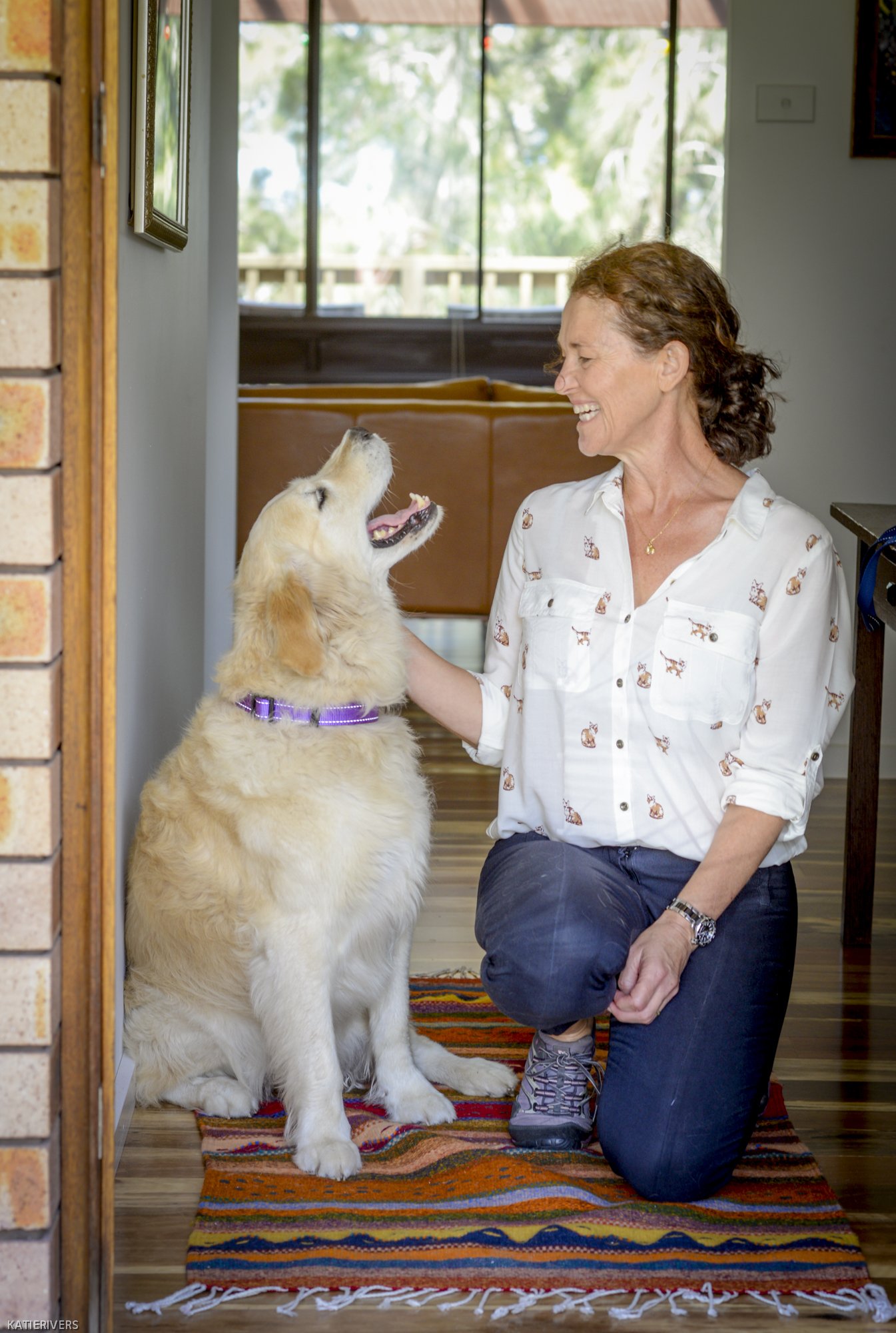About
South Coast Veterinary Services
South Coast Veterinary Services is a local, independent and complete veterinary care provider.
We offer a full range of exclusive, mobile, in‑home and specialist care for your pets.
We service Callalla Beach • Callala Bay • Culburra • Wollamia • Myola • Vincentia • Huskisson • St. Georges’ Basin • Nowra • Berry • Kangaroo Valley • Cambewarra and surrounds.
Dr. Glynis Kuipers
Glynis is an experienced vet and animal carer, living and working on the South Coast of New South Wales.
Growing up in rural NSW, caring for sick and injured animals has been second nature to Glynis. From a young age she was always helping her father tend to the family’s cattle property. With this focus it was of little surprise, to anyone who knew her, when she set off at the end of high-school to study Veterinary Science at the University of Sydney. The path proved fruitful on a number of levels when she met an equally passionate and focussed student, Tony — who is now her husband … and also a practicing vet.
As locals to the Shoalhaven, with the loving, parental joy of four children, a mischievous (but obedient) golden retriever named Twistie, and a ‘robust’ (but beautiful) Clydesdale called Sammie — Glynis and Tony have brought a wealth of veterinary knowledge and animal care to the South Coast region since 1994. Following years of involvement in various small and large veterinary establishments Glynis took the leap to set up South Coast Veterinary Services (SCVS) — offering a truly personalised service and approach to pet care.
Bringing her passion, professional and personal focus, care and compassion, Glynis is driven to build a service that offers the very best in all things vet science for every pet and owner.

Glynis and the growing team of SCVS staff look forward to helping you get the best level of care for every stage of your pet’s life.
Choosing the right vet:
When you bring a pet into your life, you are responsible from that day forward for this animal’s nutrition, safety, health and care. But finding a stellar veterinarian doesn’t just happen by accident. Here are some helpful tips for choosing the right vet for you and your pet.
Communication
Get the family together for a conference. Share your thoughts about what qualities in a veterinarian are important to all of you. Make a list of questions and concerns to ask every vet you interview. Also get references from breeders, shelter and dog rescues or other dog owners.
Check credentials and training
Investigate the veterinarian’s education and experience. Make sure your chosen vet has the right qualifications, or if they don’t … can they refer you to someone who does.
Community Involvement
Does the veterinarian get involved with the community? Do they invite dogs and owners to visit the clinic and staff socially, during times of wellness as we as need?
Philosophies
Ask the veterinarian about their philosophies. Do they mesh with yours? How does the veterinarian respond to your own question and concerns about canine care? Does this seem like someone with whom you’ll be able to communicate?
Access to medical information
Whether from a doctor or a technician, see if you can get timely answers to your medical questions. If your pet is hospitalised, can you call as often as you want for updates?
Medical equipment/Services
A good hospital should have access to x-ray, ultrasound, dentistry, in-house lab tests, IV pumps, blood pressure, and eye pressure monitoring, as well as the ability to send out labs and refer to specialists. And also inquire about any areas of health care that are specific to your pet. Does the doctor offer those special dog care services?
Open access to all areas
Ask for a tour of the hospital. A good hospital is going to be proud of their facility and want to show you everything. There is one exception: a medical procedure being performed that requires privacy.
Interaction, Hours & Assistance
Observe how the veterinarian interacts with the animals in the clinic. Do they project calm-assertive energy? If possible, introduce the veterinarian to your dog in a casual, friendly manner—long before you go for a visit. Be sure to sense the energy of your dog around the veterinarian to see if he is comfortable around them.
While long hours are not as important as good communication and professional care, you should be sure the clinic is open for times that are convenient for you. Or better yet, if the vet offers a mobile, in home service.
Do they seem knowledgeable about and sensitive to animals? Ask about the longevity of the medical and nursing staff. Staff members who feel empowered to do good medicine and nursing care tend to stay with a practice longer.